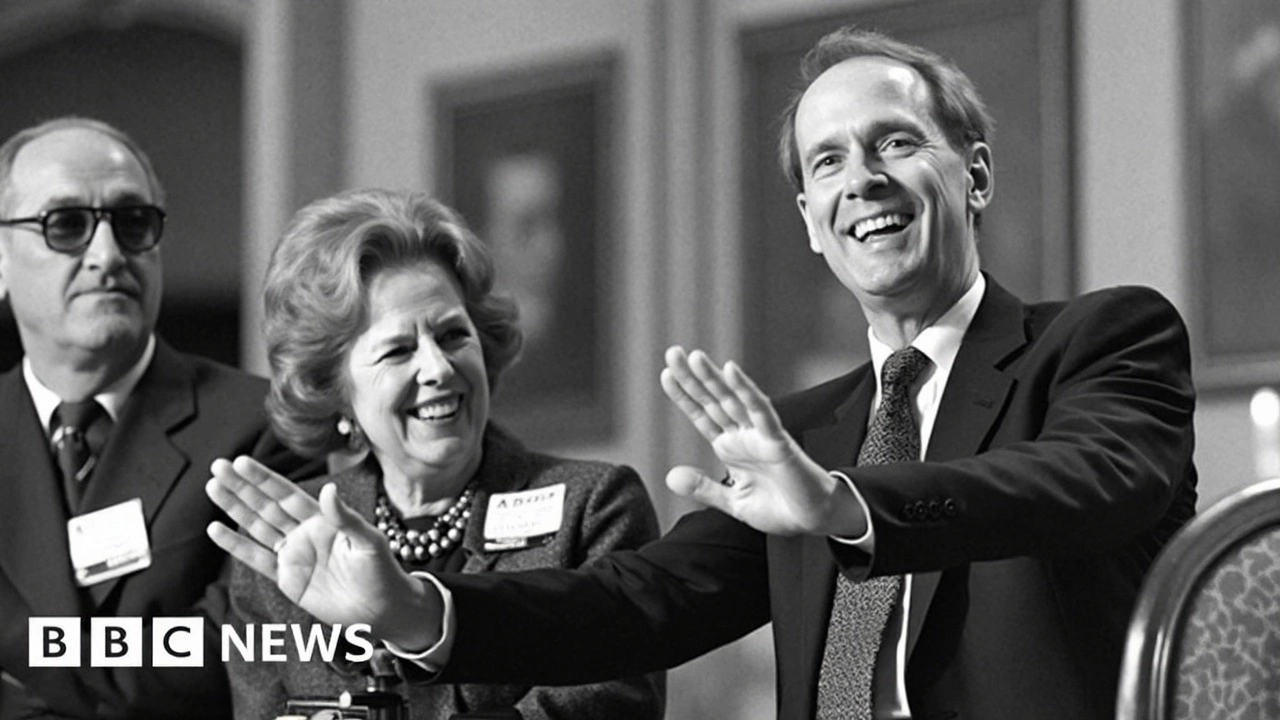Economic Policy: A Simple Guide for Everyday People
When you hear the word "policy" you might picture a politician giving a speech. In reality, economic policy is the set of rules and actions governments use to keep the economy running smoothly. It affects everything from the price of a loaf of bread to the interest rate on your mortgage. Understanding the basics helps you see why the news talks about stimulus packages, tax cuts, or interest‑rate hikes.
Key Parts of Economic Policy
The two biggest pillars are fiscal policy and monetary policy. Fiscal policy is all about government spending and taxes. When the state builds a road, funds a school, or offers a tax break, it’s using fiscal tools to boost jobs and growth. On the flip side, higher taxes can slow spending, which might be needed to cool down inflation.
Monetary policy is managed by a country’s central bank – in the UK that’s the Bank of England. The bank controls the cost of borrowing by setting interest rates. Lower rates make loans cheaper, encouraging businesses to invest and households to buy homes. Higher rates do the opposite, helping to tame rising prices.
Both policies aim for three main goals: stable prices, low unemployment, and sustainable growth. They don’t work in isolation; a change in tax rates often triggers a reaction from the central bank, and vice versa. For example, a large government stimulus may push inflation up, prompting the central bank to raise rates.
Why It Matters to You
Economic policy directly touches your wallet. A cut in income tax means more take‑home pay, while a rise in VAT makes groceries a bit more expensive. Interest‑rate moves affect your mortgage payments, credit‑card costs, and even the return you get on savings.
Job security is also linked. When the government invests in infrastructure, construction firms hire more workers, creating a ripple effect through related industries. Conversely, tight fiscal measures can lead to public‑sector layoffs, which can affect local economies.
Understanding policy helps you plan. If you hear about an upcoming rate hike, you might lock in a fixed‑rate mortgage now. If a tax credit for renewable energy is announced, you could consider solar panels to cut future bills. Staying aware lets you make smarter choices instead of reacting to surprise price spikes.
In short, economic policy is the toolbox governments use to steer the economy. Fiscal moves adjust spending and taxes, while monetary actions set the cost of borrowing. Both shape the price you pay for everyday items, the interest on your loans, and the health of the job market. Keep an eye on policy headlines – they’re more than political talk; they’re the forces that affect your daily life.

Norman Tebbit: The Decisive Thatcher Ally Who Shaped Britain’s Political Landscape
Norman Tebbit, a key figure in Margaret Thatcher's government, played a central role in reshaping Britain’s economy and political scene. Known for his effectiveness and fierce loyalty, Tebbit influenced major Conservative strategies and policies, confronting union power and internal party divisions. His legacy continues to spark debate after his passing at age 94.
View more